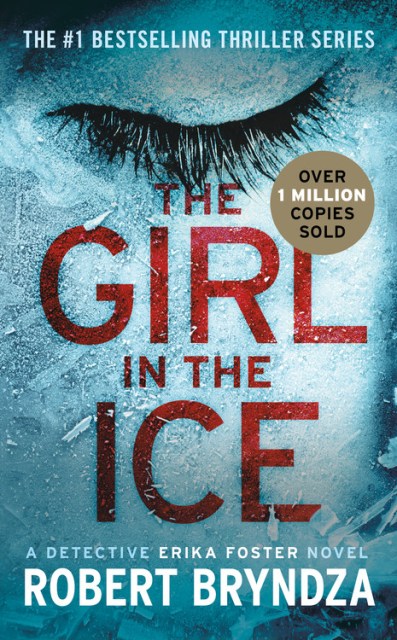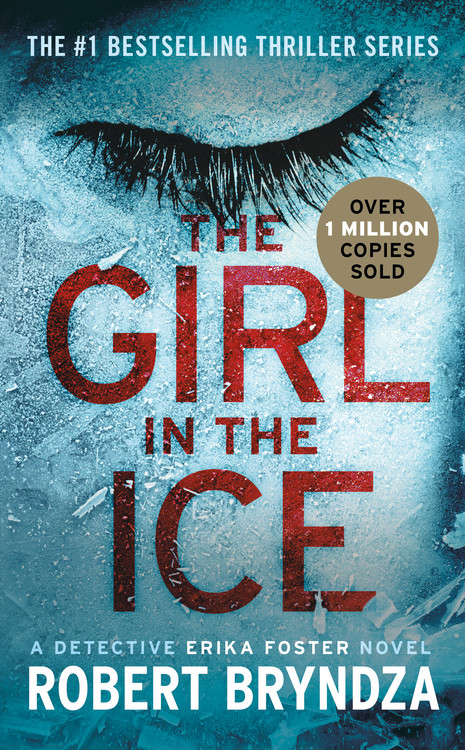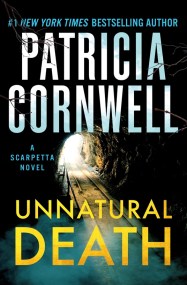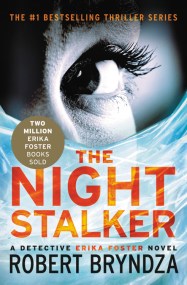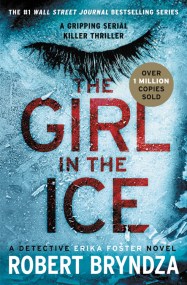The Girl in the Ice
Contributors
Formats and Prices
Price
$8.99Price
$11.99 CADFormat
Format:
- Mass Market $8.99 $11.99 CAD
- Trade Paperback $13.99 $18.99 CAD
This item is a preorder. Your payment method will be charged immediately, and the product is expected to ship on or around February 26, 2019. This date is subject to change due to shipping delays beyond our control.
Also available from:
Her eyes are wide open. Her lips parted as if to speak. Her dead body frozen in the ice . . . she is not the only one.
When a young boy discovers the body of a woman beneath a thick sheet of ice in a South London park’s pond, Detective Erika Foster is called in to lead the murder investigation. The victim appeared to have the perfect life — what dark secrets is the girl in the ice hiding?
When Erika begins to dig deeper, she starts to connect the dots between the murder and the killings of three prostitutes. All were found strangled, hands bound and dumped in water around London. As she inches closer to uncovering the truth, the killer is closing in. With her failing career hanging by a thread, Erika must now battle her own personal demons as well as a killer more deadly than any she’s faced before. But will she get to him before he strikes again?
Series:
- On Sale
- Feb 26, 2019
- Page Count
- 432 pages
- Publisher
- Grand Central Publishing
- ISBN-13
- 9781538730171
By clicking 'Sign Up,' I acknowledge that I have read and agree to Hachette Book Group’s Privacy Policy and Terms of Use
